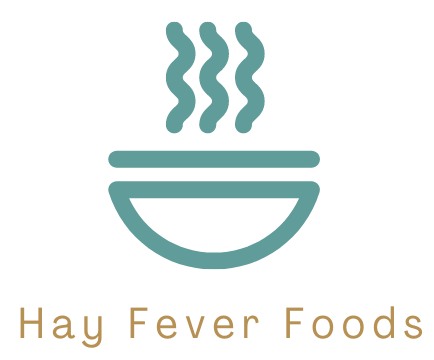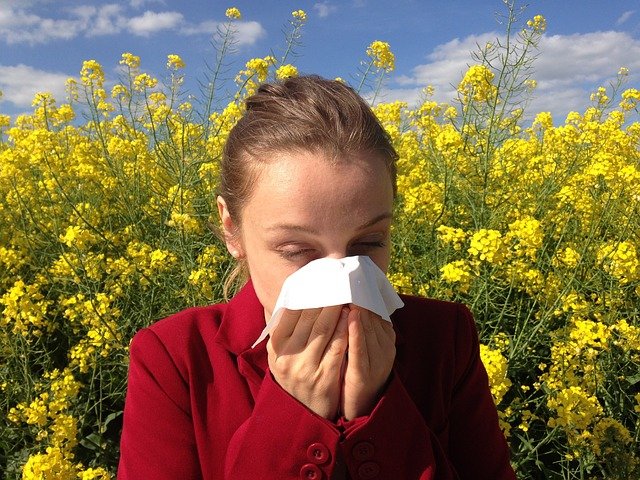Tightness in the chest could make your life living hell. It is not something that you could ignore. It feels like a sharp stabbing pain in your chest. It can occur in people of all age groups. Allergies can also lead to tightness in the chest because of the mucus build-up as the nasal sinuses dripping down to the back of the throat.
Mucus is essential for protecting your respiratory system by lubricating and filtering it. it is produced by mucous membranes present in the nose till the lungs. Every time you inhale the allergens, dust and other foreign invaders stick to this mucus. However, sometimes, your body can produce an excess of mucus, which, according to Ayurveda’s principles, is caused due to eating foods that have inherited cold properties.
Acid reflux, allergies, asthma, infections like the common cold, lung diseases like chronic bronchitis, pneumonia, cystic fibrosis, and COPD (chronic obstructive pulmonary disease) are some causes of excess mucus build-up in the lungs. Besides, certain lifestyle and environmental factors like less consumption of water or other fluids, smoking, a dry environment, high consumption of fluids like coffee, tea, or alcohol also contribute to mucus in the chest.
The mucus that is thicker than usual due to an underlying disorder, illness, or irritation is known as phlegm. If the phlegm is runny, it will be cleared from your system when you cough, sneeze or have a runny nose. However, if you keep eating cold foods, it is accumulated and thickens, making it difficult for the lungs to eliminate it from the body.
Almost all of our health problems are because of the food we eat. For example, if you eat plenty of carbs, you are prone to weight gain and obesity, which causes heart diseases, and high blood pressure among other things. If you do not eat healthy food, you might have an iron deficiency and overall poor health.
Similarly, according to Ayurveda’s perspective, hay fever is triggered by the types of foods we eat. Therefore, there is no cure for hay fever as it stays as long as you eat foods that trigger it. Just like you will keep having acid reflux as long you keep eating oily and spicy foods. Likewise, your cold and cough will not go away if you eat an excess of cold foods.
As a result, maintaining hot and cold balance in our body is crucial for our body’s ecosystem. It starts showing signs of imbalance whenever the balance is disturbed. Persistent imbalance also affects other parts of the body.
From Ayurveda’s perspective, hot and cold body balance is determined by the food we eat, how we cook our food, and when we eat it. Cold imbalance is characterised by the presence of phlegm. On the other hand, the hot imbalance is characterised by heartburn, acidity, burning eyes, some people feel burning in their hands and feet, nausea, bloating, throbbing headaches and an itchy body.
Foods that have an inherited cold property are known to trigger hay fever. When foods like dairy products, rice, some fruits, and food items that are cold in temperature are consumed for prolonged periods, it leads to an excess of phlegm, which is the primary reason for tightness in the chest when you have hay fever.
Thus, to improve the hot-cold balance in your body, you can eat food items that provide warmness to your body. The results will not be quick, but you will definitely see a difference over a period.







